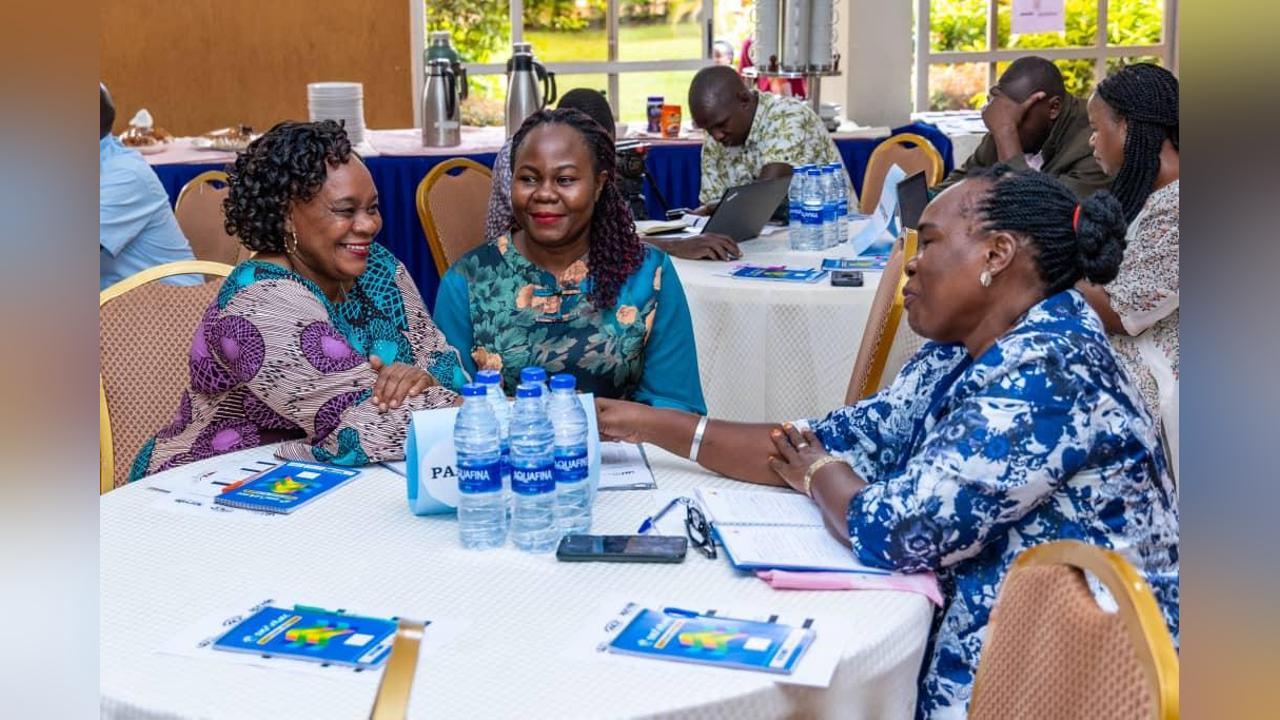Africa-Press – Uganda. Women and girls’ rights advocates have raised concern over persistent gender inequalities in Uganda that continue to hinder women’s full participation in political, economic, and social spheres.
The concerns were brought to the forefront during a public dialogue organised in Jinja by Action for Development (ACFODE) as part of activities to commemorate its 40th anniversary.
The event was held under the theme: “Barriers, Opportunities, and Strategies for Achieving Gender Equality in Uganda.”
Speaking at the dialogue, ACFODE Executive Director Regina Bafaki highlighted several systemic barriers that limit women’s political participation, including cultural prejudices, hate speech, and financial constraints.
“Married women are often told to contest for leadership positions in their native home districts rather than where they currently reside with their spouses,” she said.
“Similarly, unmarried women face stigma and inappropriate questions, such as being accused of wanting to ‘snatch’ other women’s husbands,” Bafaki noted.
She added that Uganda’s highly commercialised political landscape significantly disadvantages women, the majority of whom lack the financial capacity to sustain competitive campaigns.
Furthermore, she decried traditional practices that deny women access to land and property, which further weakens their economic and political standing.
Joy Kawanguzi, executive director of the First African Bicycle Information Organization (FABIO), called for reforms in affirmative action policies.
She suggested that women serving in elective positions under affirmative action should be limited to a single term to allow broader participation.
“Affirmative action was introduced to empower women. After serving for five years, one should consider stepping aside to give room for others to grow and lead. Unfortunately, we have seen some women cling to these positions for decades,” Kawanguzi said.
Cultural norms were repeatedly cited as major hindrances to gender equality. Rose Kigere, executive director of the Women Rights Initiative (WORI), lamented traditions that silence girls and glorify early marriages.
“In some communities, boys are forced to marry girls they impregnate, and young girls are discouraged from speaking in public gatherings. These norms continue to suppress the potential of women and girls,” Kigere said.
Josephine Bichachi, head teacher of Bukedi Senior Secondary School in Tororo, called for equal leadership opportunities in both education and religious institutions.
“In Uganda, women lead mixed and girls’ schools, yet we have never seen a woman heading a boys’ single school. Leadership qualities are not gender-based,” she said.
“Similarly, in religious settings, we have never seen female bishops or women leading major religious functions. In mosques, women are segregated and pushed to the back,” Bichachi observed.
As part of its 40th-anniversary celebration, ACFODE pledged to expand its advocacy efforts by conducting public dialogues across the country aimed at educating stakeholders on the urgency of addressing gender inequality.
Since its founding in 1985, ACFODE has been at the forefront of championing women’s rights and empowering communities to foster inclusive development.
The organisation remains committed to creating an equitable society where women and girls can thrive without systemic barriers.
For More News And Analysis About Uganda Follow Africa-Press






